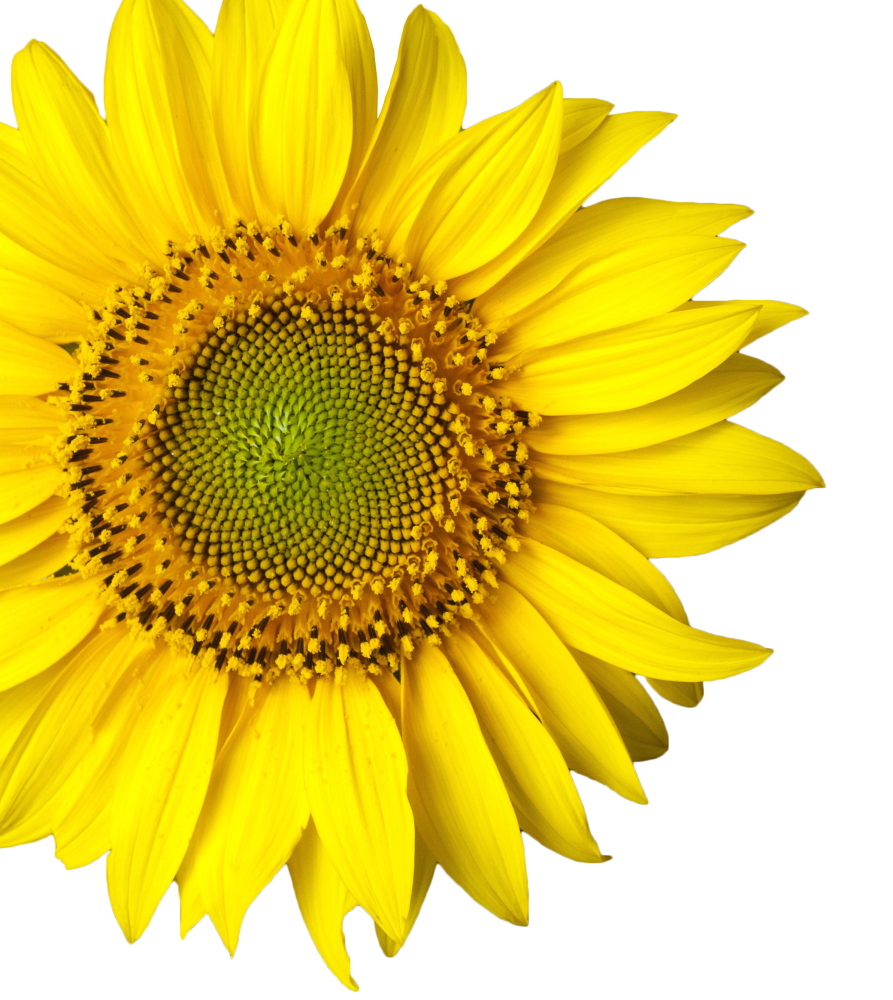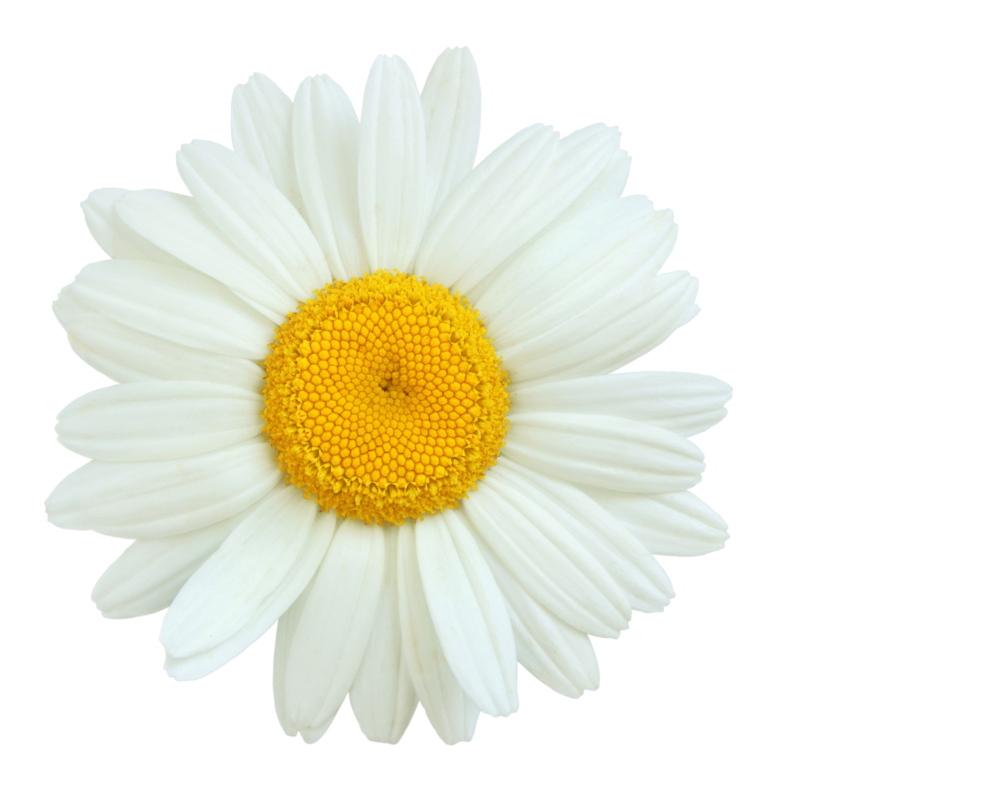Sure, a newly engaged couple can grow the flowers for their own wedding – but it’ll help if they aren’t too fussy.
“Plants are going to do what they are going to do,” warned Lois Berg Stack, an ornamental horticulture professor with the University of Maine Cooperative Extension. “When growing flowers for a wedding, you want to have flowers at their peak quality at a very specific date. If they are a week early or a week late, that person is going to be very disappointed.”
Carolyn Snell, who grows flowers at Snell Family Farm in Bar Mills and regularly provides flowers for weddings, seconded that. “Have a backup plan so you will have something in bloom,” she said, “just in case.”
Patient couples who plant practice gardens this year and keep careful notes of which flowers are in bloom and when would improve the odds of growing their own flowers for a wedding in 2016, Stack and Snell agreed.
The prospective bride and groom should also remember to grow many more flowers than they need. “Start three sets,” Stack advised, “one for the date, one a little behind and one a little ahead.” And don’t get the idea you’ll save money, Snell added, because the cost of growing the extra flowers will probably exceed the cost of buying the exact number of blooms you need.
OK, brides and grooms, you’ve been warned. But if you decide to grow your own flowers regardless – after all, you’ll come to learn there’s a lot you can’t control in a marriage – here are some possibilities.
For most Maine gardeners without a greenhouse, the earliest you can expect to get most annuals is July.
For early spring weddings, Snell uses a lot of bulb plants, such as tulips and daffodils, which must be planted the fall. She also brings flowers to bloom in her hoop house. Outside she grows perennials, such as peonies and sweet William; and annuals like snapdragons, statice, zinnias, dahlias, ornamental basil, ammi (a fancy Queen Anne’s Lace), tall marigolds, sunflowers and cosmos – the last more for the foliage than the blossoms.
Any soil that grows vegetables well will also grow flowers well, Snell said, and if you have plenty of sun and healthy plants, most won’t need grid supports.
Stack and Snell both said potted plants – such as ornamental herbs or New Guinea impatiens – wrapped in colorful paper can be table centerpieces, and Stack added that if it is a backyard wedding, she thinks making sure the garden is ship-shape is more important than having homegrown cut flowers.
My wife, Nancy, and I have experience providing flowers for weddings – those of our children. When we married in 1969, I was so oblivious to plants that I can’t even remember if there were flowers; also, I was away in the Army for the preparations. But Nancy reminds me that we had chrysanthemum daisies.
Our daughter wanted lilacs, and picked a date when they would be in bloom. But the lilacs were late that year, so while we got some from our own garden, we bought some bushes that were in perfect bloom and used the container-grown lilacs and in-bloom azalea plants to fill out the church. We gave the azalea plants to our daughter’s grandmothers as souvenirs of the wedding, and they both enjoyed them for years afterward.
When our son got married, as the groom’s parents we were responsible for the rehearsal dinner, which was in Rhode Island. The wedding color was blue, so at home we cut Siberian irises from a bed we had transplanted from Nancy’s grandmother’s house, and we used those as the centerpieces for the rehearsal dinner.
Another budget tip: Nancy’s sister (a yard sale fiend) promised lovely bud vases for a quarter each – and she delivered. Again, we gave away the vases and the irises to guests at the rehearsal dinner (both grandmothers used their vases for years afterwards, too). Siberian irises suited the wedding color, traveled well and had a sentimental connection to the groom, who spent a lot of time as a child with his great-grandmother.
The bride’s flowers for the wedding were blue hydrangeas, and they came from a florist.
She and her parents weren’t taking any chances.
Tom Atwell has been writing the Maine Gardener column since 2004. He is a freelance writer gardening in Cape Elizabeth and can be contacted at 767-2297 or at tomatwell@me.com.
Send questions/comments to the editors.




Success. Please wait for the page to reload. If the page does not reload within 5 seconds, please refresh the page.
Enter your email and password to access comments.
Hi, to comment on stories you must . This profile is in addition to your subscription and website login.
Already have a commenting profile? .
Invalid username/password.
Please check your email to confirm and complete your registration.
Only subscribers are eligible to post comments. Please subscribe or login first for digital access. Here’s why.
Use the form below to reset your password. When you've submitted your account email, we will send an email with a reset code.